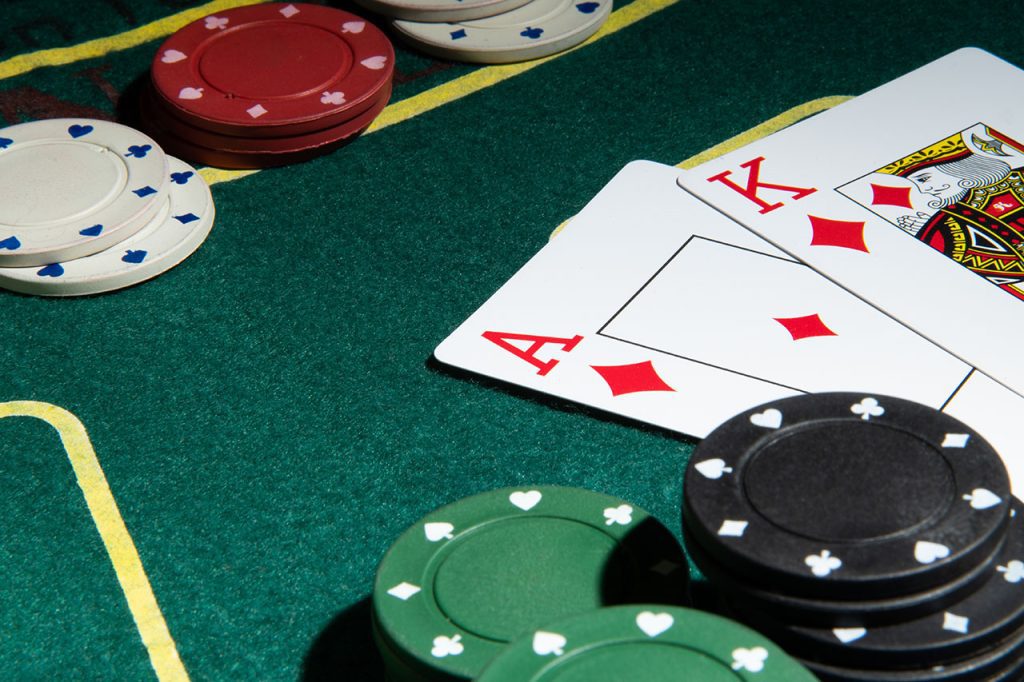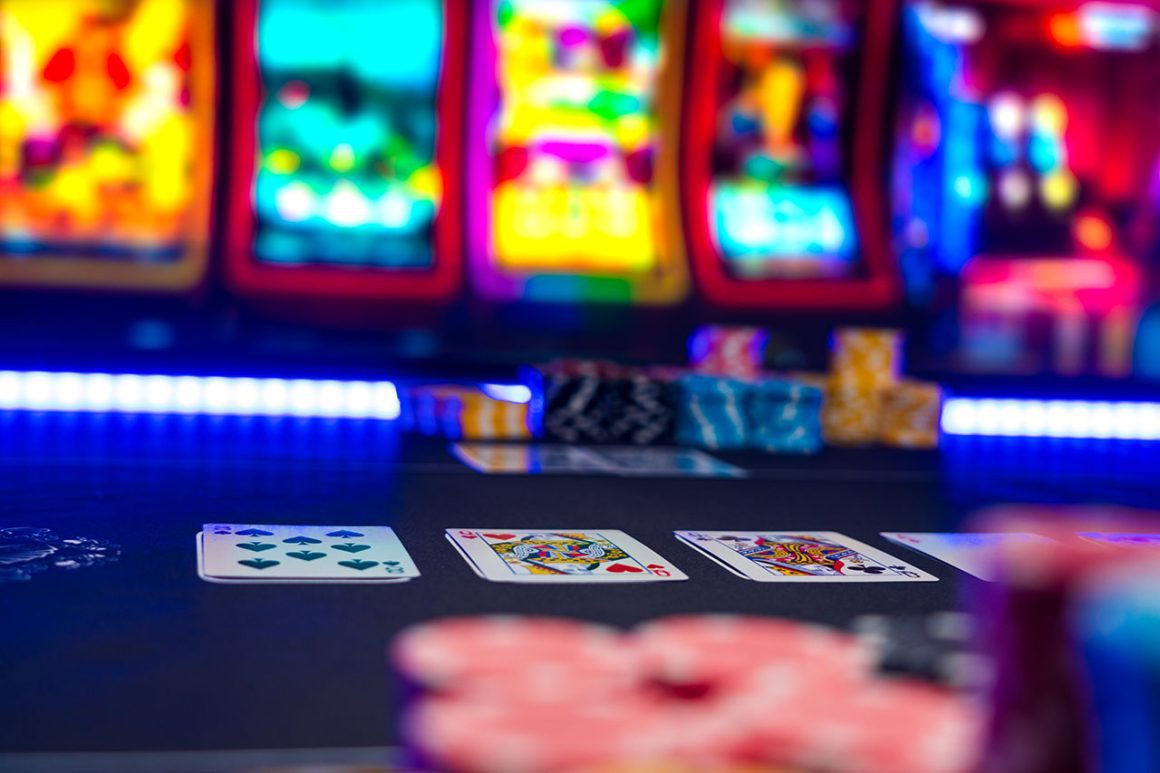Poker is a game of skill and luck, but a third element greatly influences these two factors. As a poker player, your facial expressions have much to do with how the game goes. While most players master the art of poker face, the expression game goes beyond it. The importance of vocal tells in live poker tournaments can never be understated. It provides all players with the edge to gain an advantage over others. If you want to know how vocal tells in poker influence the game, we have everything to unfold in this read.
The Role of Vocal Tells in Poker
A poker face is a great way to hide your feelings during a poker game. It allows you to maintain your hand’s secrecy and bluff your opponents when needed. Despite having a poker face, you must pay special attention to what you say. Players often give out clues of weak hands with even the most natural responses.
Since poker is about how weak or strong your hand is, your opponents will leave no stone unturned when breaking down your body language. Now, apply the crucial importance of body language to live poker tournaments.
When players compete in highly competitive environments, they focus on more than just their skill game to outsmart other players. Even the most experienced players face tough times in tournaments due to manipulative responses.
To better understand how vocal tells influence your poker game, let’s dive into the depth and find out.
Mastering the Art of Vocal Tells
We have covered different vocal cues players use in tournaments to outsmart their opponents. Going through the details of each can help you prepare for your next competition.
The Sound of Confidence
Sounding confident regardless of your poker odds gives you an advantage over other players in poker. Your confidence speaks more about you in a competition than your skills. When playing poker, maintaining a steady tone and a calm posture can help you fool your opponents. To better understand this, analyze this vocal gesture from both perspectives.
First, let’s look at how it favors the player. When a poker player maintains a confident tone throughout the session, it becomes a manipulative tool with highly effective outcomes. Other players may think twice before making a move due to having no clue of what you have. If we look at it from an opponent’s perspective, a confident tone multiplies uncertainty by many factors.
You may never know what confidence hides. If you treat the confident player lightly, you might end up losing to them in a lot of hands. Similarly, building a fear of such players may lead to pressured decisions.
Disguised Excitement and Hesitation
Disguised excitement and hesitation can greatly influence a poker game. Players often face situations where they see the odds turning in their favor. Sudden changes in the game often reveal the underlying excitement of players, giving their opponents a clue as to what they might have in their hands. When competing in tournaments, a change in energy never goes unnoticed.
Excited players often show hesitation in speech, trying to suppress their true emotions. However, when deliberately suppressing emotions, poker players can be more transparent than they might anticipate. A good rule is maintaining a neutral expression to complement your vocal tone. If your face shows too much excitement, your opponents are more likely to have a clue of what’s in your hand.
Some players also use excitement and hesitation as tools for bluffing. Sudden energy changes can lead other players to think about a strong hand. While true, you might want to pick your moments to practice this technique.
The Slow Roll Effect
The slow roll effect is a popular bluffing practice many poker players use for effective results. It is a delayed response that creates a false impression on opponents during an intense game. When players want more control over the table, they rely on the slow roll effect to manipulate others.
Here, it is worth noting that the slow roll effect can work both ways. You can use it to bluff your opponents or show what you truly feel about your hand. A good approach to using the slow roll effect is bluffing for a few sessions before using it to express the real sentiments. This way, your opponents can never be certain of what you have.
Typically, players with strong hands benefit from this vocal telling. However, we recommend discussing your strategy with poker experts in your community to determine the best use of slow rolls.

Contradictions and Inconsistencies
Poker can turn really intense in tournament sessions. Players often lose track of what they say or do in pursuit of winning the game. However, losing track of your statements can land you in trouble. Intelligent poker players pay close attention to what other players say and do. Contradictory statements and inconsistent approaches highlight a weak hand.
If you want to fool your opponents, avoid contradictory responses and stick to what you say. When players follow their words, other players pay less attention to their body language. Ultimately, it allows the player to plant a bluff in between when needed. They can pick their moments to fool their opponent without having them realize it.
Contradictions and inconsistencies also allow opponents to understand your thought process. Poker players often plan strategies and deviate from them based on the game’s scenario. If you want to gain an advantage over your opponents, the lack of consistency in their strategy may give you a good chance.
The Takeaway
The vocal tells in poker go a long way when competing in live tournaments. Pro players are typically in a position to master the art of vocal bluffing. If you are still learning the game and what it means to be an effective poker player, we recommend paying more attention to your body language and communication to outsmart your opponents.
The above factors can help you understand the different types of vocal cues players use in poker. If you want to stay updated with the latest poker tips and news, check out Poker 2 All today.


Leave a Reply